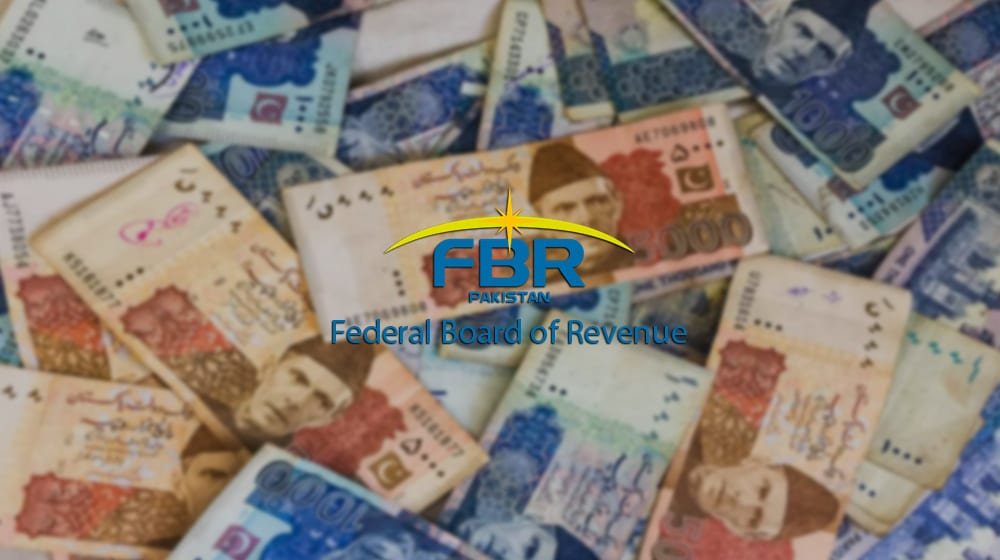Pakistan is losing approximately Rs. 750 billion in tax revenue annually due to illicit trade and smuggling, according to a new report highlighting the expansion of illegal activities across key sectors, including tobacco and petroleum products.
The report, “Pakistan’s Battle Against Illicit Trade: An Analysis of Challenges and Pathways to Resilience,” was jointly launched by the Policy Research Institute of Market Economy (PRIME) and the Transnational Alliance to Combat Illicit Trade (TRACIT). It reveals that from smuggled petroleum and counterfeit pharmaceuticals to non-tax-paid cigarettes and under-invoiced consumer goods, illicit trade has become deeply entrenched across multiple sectors. The informal economy, estimated at $123 billion, contributes to an annual tax revenue loss of approximately Rs. 3.4 trillion.
Two additional reports were released alongside the main study: TRACIT’s 2025 Global Illicit Trade Index and PRIME’s “Combatting Illicit Trade in Pakistan: A Structural and Policy Analysis.” These documents analyze how policy weaknesses, enforcement gaps, and structural economic distortions have allowed illegal markets to flourish, emphasizing the urgent need for coordinated action across taxation policy, regulatory governance, border management, and consumer protection.
Jeffrey P. Hardy, Director General of TRACIT, emphasized that Pakistan’s low ranking on the illicit trade index indicates that “effective enforcement of policy is needed on all fronts. The most important step would be the appointment of a National Illicit Trade Coordinator for effective monitoring and enforcement.”
The Illicit Trade Index 2025 ranks Pakistan 101st out of 158 countries, significantly below the global average and behind regional peers such as India (52nd), Bangladesh (95th), and Sri Lanka (73rd). Pakistan’s composite score of 44.5 reflects serious vulnerabilities, particularly in taxation, regulatory enforcement, and supply chain security. While the country performs relatively better in Trade, Customs, and Border management (scoring 75.4), its low scores in managing sectoral illicit trade (29.3) and supply chain intermediaries (25.9) highlight persistent internal challenges.
To address these issues, the reports recommend a comprehensive reform program, including:
- Rationalizing excise duties and customs tariffs to reduce incentives for smuggling and tax evasion
- Strengthening enforcement mechanisms by expanding the Inland Revenue Enforcement Network (IREN) and enhancing market inspections
- Modernizing the Track and Trace System across excisable products, with stronger compliance measures in the tobacco sector
- Improving inter-agency coordination between Customs, FBR, excise departments, and border forces
The reports conclude that by implementing these reforms, Pakistan can significantly reduce illicit trade, restore fair market competition, strengthen government revenues, and rebuild investor confidence.










